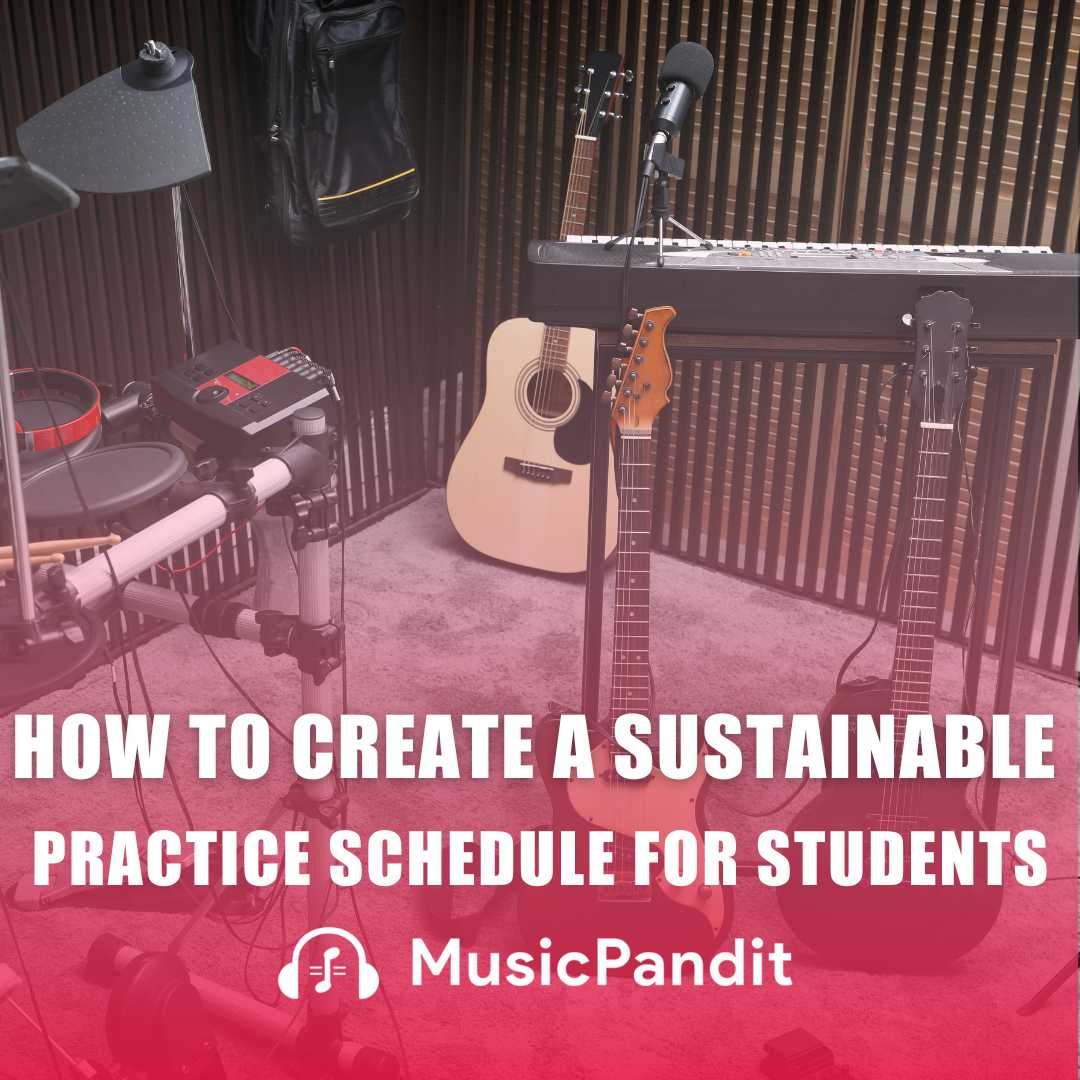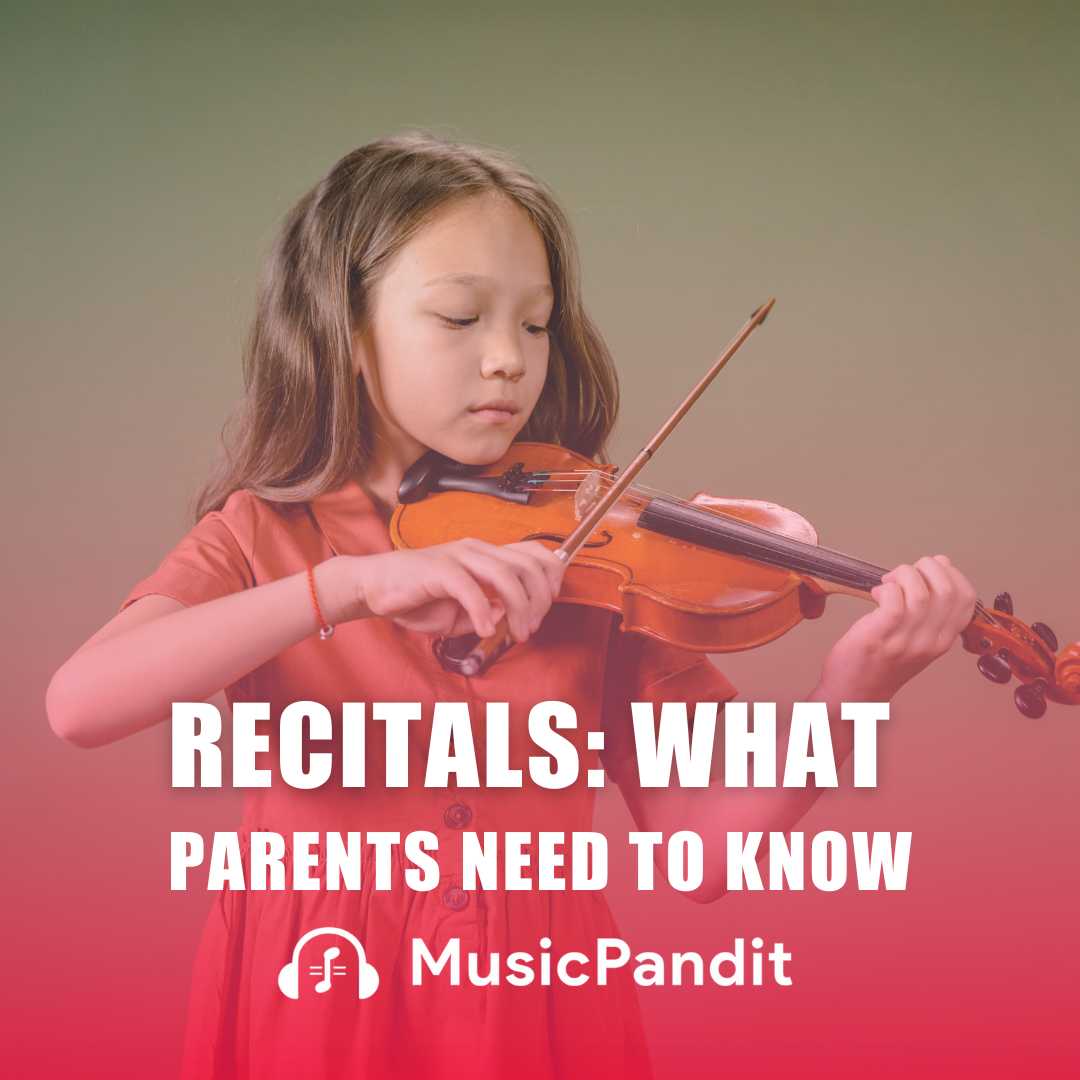In the bustling world of academia, where subjects like Math and Science often take center stage, the importance of music education is a gem that sometimes goes unnoticed. Music, with its universal language, has the power to shape young minds, fostering creativity, discipline, and a love for learning.
In this article, we’ll delve into the profound impact of music classes or education on school children, exploring why it matters and how it contributes to holistic development.
Unlocking the Power of Music Education in School Children
The Rhythmic Brain Boost
Let’s begin by tapping into the neurological wonders of music. Research has shown that engaging with music stimulates various areas of the brain, enhancing cognitive functions such as memory, attention, and problem-solving skills. When children learn to read music, play instruments, or even sing, they are essentially exercising their brains in a unique and harmonious way.
Studies suggest that exposure to music from an early age can strengthen neural connections and contribute to better academic performance. In fact, students who participate in music programs often show improved scores in standardised tests, demonstrating the positive correlation between musical engagement and academic achievement.
Building Character through Harmony
Beyond the realm of academic success, music education plays a pivotal role in shaping a child’s character. Learning an instrument or participating in a choir requires dedication, discipline, and perseverance. The journey from hitting the wrong note to mastering a complex piece instils a sense of accomplishment and resilience in young minds.
Moreover, music is a collaborative art form. When children come together to create music, they learn the importance of teamwork, communication, and mutual respect. These valuable life skills extend far beyond the music room, preparing students for the challenges they’ll face in their academic and professional journeys.
Cultural Connections and Global Awareness
Music is a universal language that transcends borders, connecting people across cultures and continents. By exposing children to a diverse range of musical genres and traditions, we open their minds to a world of cultural richness. Whether it’s the rhythmic beats of African drumming, the intricate melodies of classical Indian ragas, or the soulful tunes of Latin American folk music, music education fosters an appreciation for diversity.
Understanding and appreciating different musical traditions can cultivate empathy and promote global awareness. In an increasingly interconnected world, these cultural insights are invaluable, contributing to the development of open-minded and culturally competent individuals.
Express Yourself: The Emotional Language of Music
In the complex tapestry of human emotions, music serves as a universal thread that weaves through joy, sorrow, excitement, and contemplation. For school children navigating the rollercoaster of emotions, music provides a safe and expressive outlet.
Playing an instrument or singing allows children to channel their feelings into their art, fostering emotional intelligence and self-awareness. This emotional outlet can be particularly beneficial for children facing challenges or stress, offering them a constructive means of coping and self-discovery.
A Musical Journey Toward Self-Discovery
Music education is not merely about learning to play an instrument or hitting the right notes. It’s a journey of self-discovery that encourages children to explore their creativity and express their unique voices. Whether they become the next Mozart or simply develop a lifelong love for music, the process of learning and creating music fosters a sense of identity and purpose.
In the world of standardised tests and rigid curricula, music provides a space where children can embrace their individuality and cultivate a passion that extends beyond the classroom. This sense of identity and purpose can have a profound impact on a child’s overall well-being, contributing to a positive self-image and a resilient mindset.
Practical Benefits: Translating Musical Skills into Life Skills
As we celebrate the intrinsic value of music education, it’s essential to acknowledge the practical benefits that extend into various aspects of life. Learning to read music involves deciphering symbols and understanding patterns, skills that can be transferred to other academic disciplines, particularly mathematics.
Furthermore, the discipline and time management required to practise an instrument can instil a strong work ethic that translates into success in other areas of life. The ability to focus, set goals, and persevere through challenges are valuable skills that students can carry with them into adulthood.
Music Classes in Action: Success Stories
To truly grasp the impact of music education, let’s explore a few success stories that highlight the transformative power of musical engagement in schools.
The El Sistema program, originating in Venezuela, is a shining example of how music can uplift communities and empower children. By providing free musical education to underserved children, El Sistema has not only produced world-class musicians but has also created a positive impact on academic achievement, community engagement, and social development.
Similarly, the Harmony Project in the United States has been instrumental in bringing music education to at-risk youth. Through group music lessons and ensemble performances, the Harmony Project has witnessed improvements in school attendance, graduation rates, and overall well-being among its participants.
These success stories underscore the potential of music education to break down barriers, uplift communities, and empower children to reach their full potential.
Challenges and Advocacy: Nurturing the Musical Seed
While the benefits of music education are undeniable, it is essential to address the challenges that hinder its widespread implementation. Budget constraints, limited resources, and a narrow focus on standardised testing often squeeze music programs out of schools.
Advocacy for music education is crucial in ensuring that every child has the opportunity to unlock their musical potential. Parents, teachers, and community members can play a pivotal role in raising awareness about the importance of music education and advocating for its inclusion in school curricula.
Conclusion: Striking the Chords of Possibility
In conclusion, the importance of music education in school children cannot be overstated. Beyond the melodious tunes and harmonious notes, music education contributes to cognitive development, builds character, fosters cultural awareness, and provides a powerful outlet for emotional expression.
As we recognize the transformative impact of music on young minds, it is our collective responsibility to advocate for and support music education in schools. By doing so, we nurture the seeds of creativity, discipline, and resilience, allowing children to flourish as individuals and contributing members of a harmonious society.
So, let us join hands in celebrating the melodic muse that resides within every child, unlocking the endless possibilities that music education brings to their lives and to our communities. The journey of a thousand notes begins with a single chord, and the symphony of possibilities is waiting to be played.















